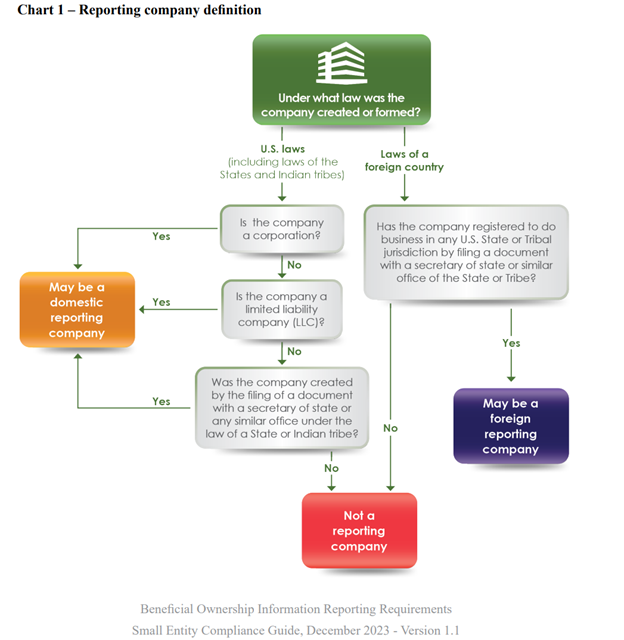Dental Practices and the Corporate Transparency Act (Update)
Recent events have delayed the deadline for practices to comply with the Corporate Transparency Act. A Texas district court issued a nationwide injunction on December 3, 2024. The decision indicates that the court views the Corporate Transparency Act as, "likely unconstitutional," because it exceeds Congress's constitutionally authorized powers. We are monitoring the case and will provide updates as they become available.
Some Background on the Corporate Transparency Act
For many companies created after January 1, 2024, the Corporate Transparency Act, passed in 2021, created a requirement to report ownership information to the Financial Crimes Enforcement Network of the United States Treasury (FinCEN). Companies created before 2024 that are likewise required to report. Prior to the recent injunction, they had until January 1, 2025 to file. If the Corporate Transparency Act eventually comes into effect, many dental practices will likely be required to file unless they meet exemption requirements.
The American Dental Association supported legislation by Representative Zachary Nunn, R-Iowa, that would delay filing requirements instituted in the Corporate Transparency Act. The new legislation would extend filing deadlines by a year. The ADA signed on to a letter with 150 other trade organizations justifying the delay. Currently, just 10% of businesses required to file have done so, possibly due to a lack of awareness among small business owners. The letter goes on to highlight that an appellate court will be addressing the Corporate Transparency Act after a district court in Alabama found the law to be unconstitutional. The recent court order in Texas will delay the implementation of the Corporate Transparency Act regardless of the fate of Representative Nunn's legislation.
Does This Affect My Practice?

Looking at the flowchart on page 2 of FinCEN’s Small Entity Compliance Guide (see above), companies may be required to report if they are corporations, LLCs, or created through “the filing of a document with the secretary state…under the law of a State.” The document goes on to list a series of exemptions for various businesses. All of the exemptions have a checklist that can be found in the guide. Exempt companies fall into at least one of 23 categories. Many of these categories are related to financial services.
Others exempt from reporting include: tax exempt entities, subsidiaries of exempt entities, inactive entities, large operating companies, and publicly traded firms. Dental practice owners should especially take note of the one for large operating companies. Firms that employ more than 20 employees with gross receipts greater than $5,000,000 may be exempt from reporting under the Corporate Transparency Act. Check the checklists on pages 4-14 of FinCEN’s Small Entity Compliance Guide for more details.
What Would I Have to Report?
Filing is to be done electronically via the official government website. Reportable information includes some basic information about the company as well as information on beneficial owners. A beneficial owner is any person who either exercises substantial control over the reporting company or owns 25% or more of a company’s ownership interests. People exercising substantial control include senior officers and other important decision makers. Ownership interests may include equity, stock, voting rights, and capital or profit interest in an LLC among other things. FinCEN has provided a series of steps in its guide for identifying beneficial owners.

